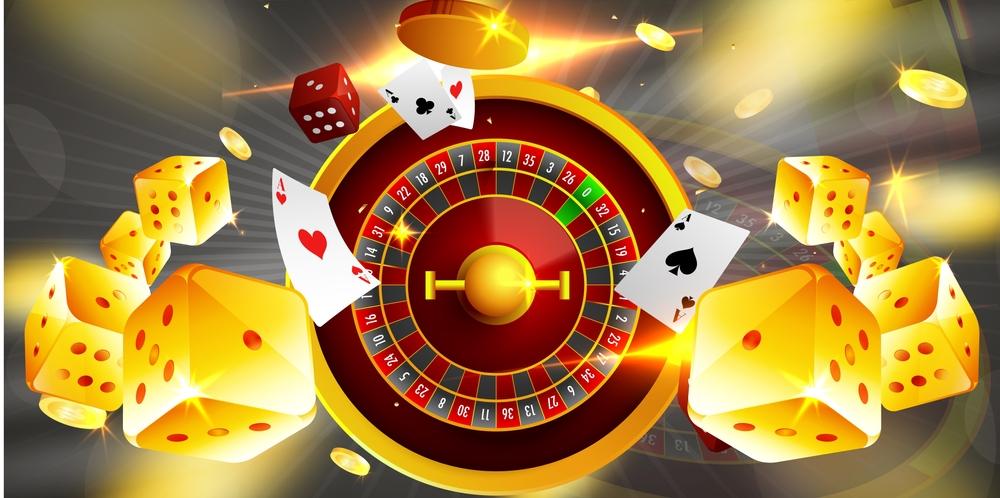
Poker is a game that has captured the hearts and minds of players around the world for centuries. It’s a game that combines skill and chance in a delicate dance that keeps players on their toes and coming back for more. In this article, we’ll explore the intricacies of the game, unraveling the magic behind the cards and chips, and uncovering the secrets that make poker such a thrilling and unpredictable game.
Skill:
At the heart of poker lies skill. It’s the skill of reading your opponents, calculating the odds, and making quick and decisive decisions. A skilled poker player knows when to hold ’em and when to fold ’em, when to bluff and when to play it safe. They understand the importance of position, hand selection, and bet sizing. In short, skill is what separates the winners from the losers in the game of poker.
One of the key skills in poker is the ability to read your opponents. By studying their body language, facial expressions, and betting patterns, you can gain valuable insights into their hand strength and intentions. A good poker player knows how to pick up on these cues and use them to their advantage.
Calculating the odds is another crucial skill in poker. By understanding the probability of certain outcomes and using that knowledge to inform your decisions, you can increase your chances of winning. Whether it’s calculating the odds of hitting a flush on the turn or figuring out whether your opponent is bluffing, a solid grasp of math is essential for success in poker.
Lastly, a skilled poker player knows how to manage their bankroll effectively. They understand the importance of discipline and self-control, and they know when to walk away from the table. By setting limits and sticking to them, a skilled player can protect their bankroll and ensure long-term success in the game of poker.
Chance:
While skill plays a significant role in poker, chance also plays a part. After all, poker is a game of cards, and the luck of the draw can make or break a player’s hand. No matter how skilled you are, sometimes the cards just won’t fall in your favor.
The element of chance in poker is what makes the game so unpredictable and exciting. It’s what keeps players coming back for more, eager to test their luck and see what fate has in store for them. Whether it’s hitting that miracle card on the river or getting dealt pocket aces, the thrill of uncertainty is what makes poker such a compelling game.
Of course, chance alone is not enough to win at poker. While luck can certainly play a role in short-term outcomes, over the long run, skill will always prevail. By honing your skills, studying the game, and practicing regularly, you can tilt the odds in your favor and increase your chances of success at the poker table.
In conclusion, poker is a game that combines skill and chance in a mesmerizing dance that keeps players coming back for more. By mastering the skills of reading your opponents, calculating the odds, and managing your bankroll, you can increase your chances of success at the poker table. And by embracing the element of chance and enjoying the unpredictable nature of the game, you can experience the thrills and excitement that only poker can provide. So next time you sit down at the table, remember to bring your skills, trust in your instincts, and above all, enjoy the dance of skill and chance that is poker. Happy playing!































